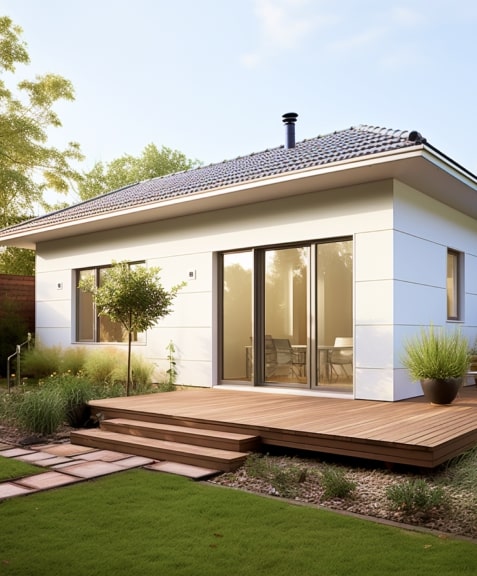
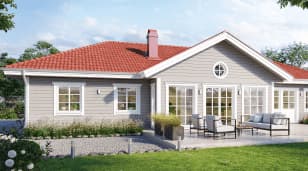


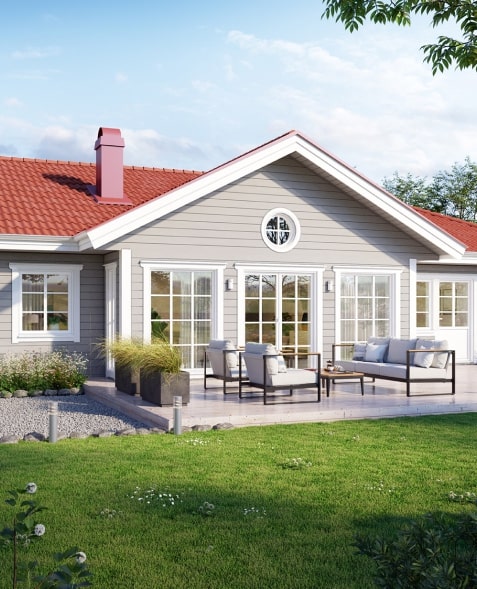
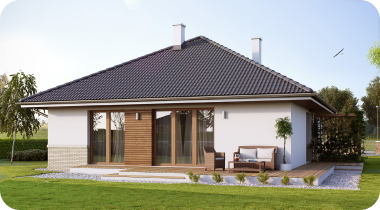
A link to download your FREE brochure will be in your inbox in 3 minutes
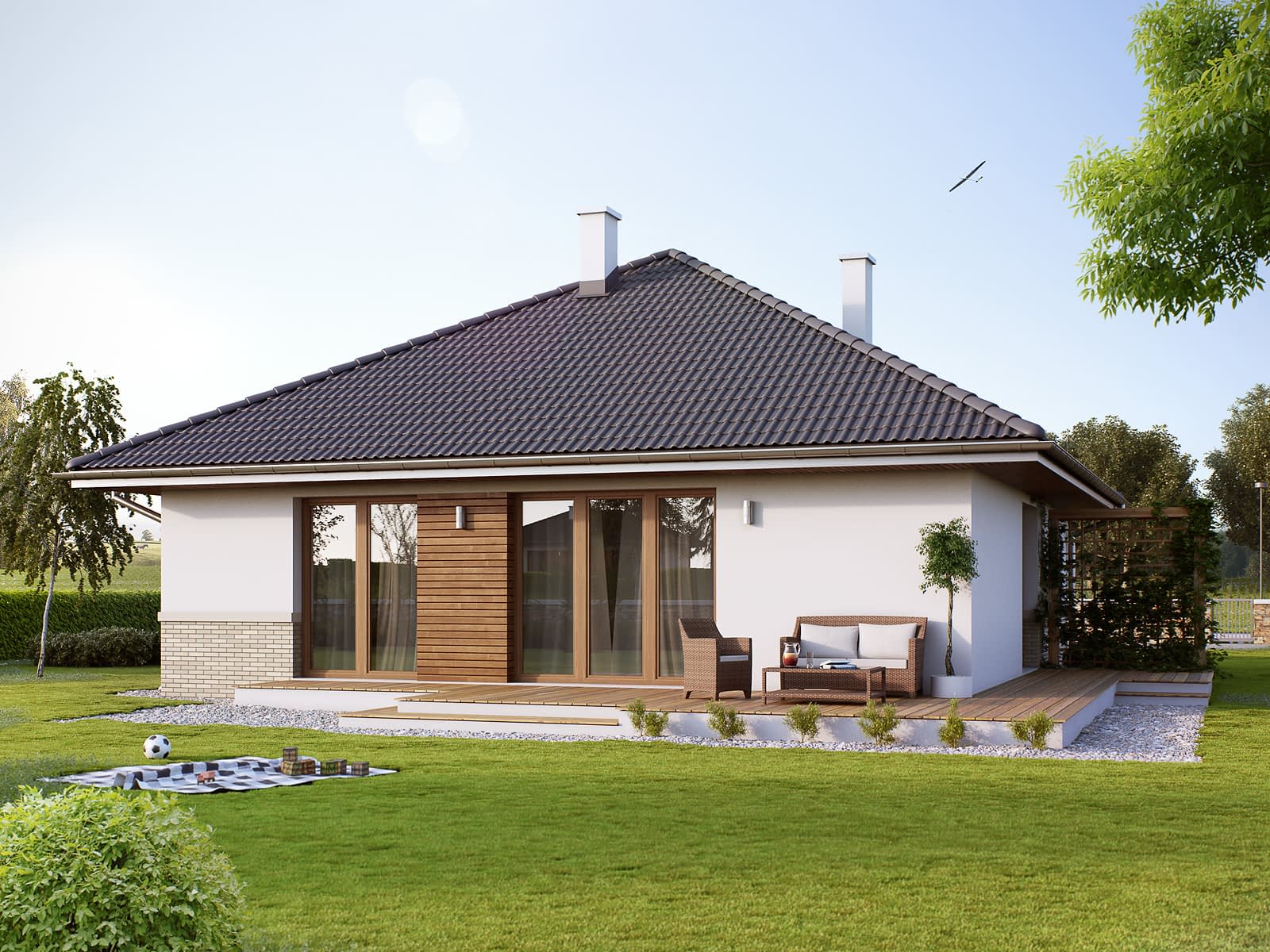





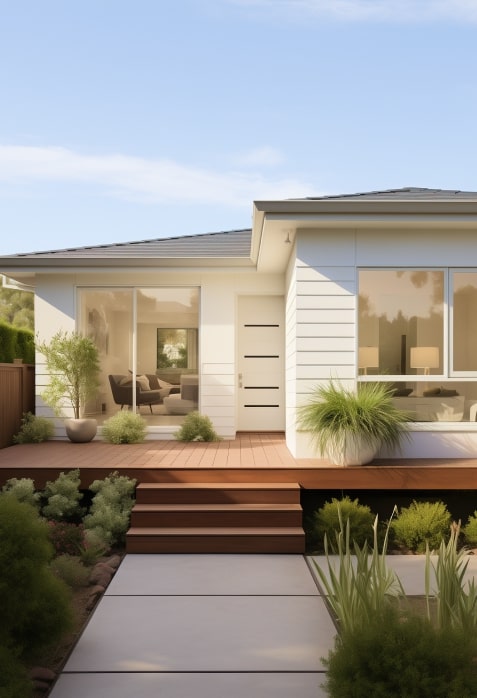
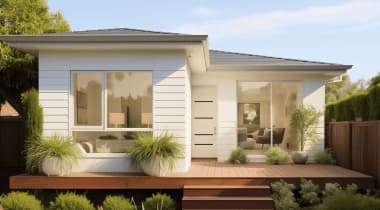











The final price may vary based on project specifics.
To get a free accurate quote tailored to your needs, book a consultation with us today!

The price per square foot provided is an average and may vary depending on project-specific details such as materials, location, complexity, and other factors. Actual costs may differ from the average provided.
It is recommended to obtain a detailed quote based on the specific requirements of your project.

Please note that the monthly payment displayed on this page is an estimate and is subject to variation based on the selected loan product, applicants credit score, loan amount, and other financial details. Actual monthly payment may differ from the estimate provided.
It is recommended to seek advice from a financial advisor or loan officer to obtain precise payment information tailored to individual circumstances.
 Your Trusted
Local Contractor
Your Trusted
Local Contractor
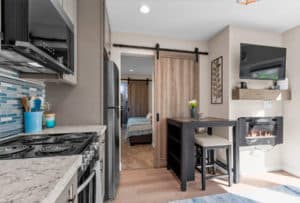
Nowadays, many people build accessory dwelling units (ADUs). These constructions may significantly enhance the value of your property lot. Also, they’re very versatile and can belong to several different types. One of these types is a guest house, also known as a “casita” or a pool house.
In this material, we’re going to compare regular ADUs and guest houses. We’ll tell you about the main characteristics and advantages of both guest houses and ADUs. If it’s difficult for you to pick from these two variants, our article can be useful for you!
First of all, let’s look at regular accessory dwelling units. An ADU (also known as a granny flat or in lawsuit) is a secondary housing unit that shares the same property with the main house. Usually, it has all the conveniences required for a separate living space: a bathroom, a kitchen, one or two bedrooms, electricity, and plumbing. This makes it suitable for living as a primary residence.
Depending on their characteristics, ADUs can belong to several categories:
An ADU can have plenty of different purposes. You can use it for rental income, convert it into a mini-cinema, personal gym, office for an online job, living space for your elderly relatives, or a place for guests. There’s even a special subtype of ADUs, called guest houses. Let’s have a more detailed look at them.
A guest house is an accessory structure specifically meant for accommodating guests. Like a classic ADU, it stands on the same property as the main house. However, it’s usually smaller. Some such buildings are more like little rooms than full-fledged houses. But they also have everything necessary for an additional living space. Even if a guest house has too limited space to have its own kitchen and a full bathroom, it still has a half-bathroom and a kitchenette. It’s important to mention that a guest house cannot belong to an attached or converted type. The only type that it can be is a detached ADU.
If you’ve got a guest house, you can invite your friends to stay with comfort and privacy in a real backyard cottage. An amazing possibility, isn’t it?
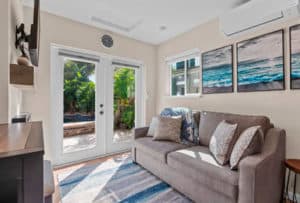
Since guest houses aren’t meant for long-term living, they typically have smaller sizes than classic ADUs. In lots of areas, their minimal size restrictions are much softer. For instance, their square footage often can be less than 800 sq. ft. In addition to that, in some places, ordinary ADUs need owner occupancy — but guest houses never require it.
Zoning regulations regarding ADUs and guest houses are also different. In both cases you’ll need to comply with some restrictions, such as lot coverage or various setbacks. They mainly depend on the place and construction type. According to the local laws of some areas, guest houses are nothing more than additions to the main homes. So, regulations about them are less strict there.
Any separate living space requires utility systems — for example, plumbing and electricity. However, regulations regarding them differ in classic ADUs and guest houses. Usually, accessory dwelling units require more in-depth planning. Its list of safety and health rules is considerably longer. Also, it needs more thoroughly-built infrastructure. This makes a guest house quicker and less costly to create.
The price of building any house varies depending on many factors – its size, type, quality of materials, etc. In most cases, classic accessory dwelling units cost more because of their self-contained living space status, more thorough planning, and better materials. However, an ADU also can be rather cheap — especially if it’s a prefab unit or a converted garage.
In many areas, it’s possible to get a construction loan for an ADU via ordinary mortgage variants (though there are lenders with extra requirements about ADUs). Moreover, some areas offer special support programs that alleviate their financing.
If you’re going to build a guest house, a suitable option for you is a HELOC, which stands for home equity loan or line of credit. But, on the other hand, since this structure is more affordable and cost-effective, some homeowners use their own budgets to pay for it.
Both an ADU and a guest house have their own significant benefits. A separate accommodation on your property gives you lots of extra possibilities. With it, you can generate rental income, provide additional space to your friends, and so on. Also, it makes your property much more valuable than with only one existing home.
Guest houses offer the following benefits:
As for accessory dwelling units, they have such advantages as:
An accessory dwelling unit is a very multifunctional structure. People use ADUs as home offices, personal gyms, art studios, mini-cinemas, additional spaces to relax, and so on.
Are you still in doubt about what to select — an ADU or a guest house?
In this case, think about the following things:
Both guest houses and ADUs have their own benefits. To pick the best option for yourself, you’ll need to know their main distinctive features. Do you need a house for your elderly parents or a place where your guests can spend a night? This question needs careful consideration. Even if the answer seems clear to you, we’d recommend you to consult with real estate professionals to know all the possible nuances.
In addition to that, you’ll need to read all the local regulations and building codes and learn about property taxes and other such things. Try to become maximally informed – it will help you to complete the permit process and avoid many grave errors. If you don’t have the skills and qualifications that are necessary for construction, contact a team of competent building specialists. At first sight, it may seem pricey, but it’s a much more cost-effective variant because it will help you prevent making any expensive corrections in the future.
We sincerely hope this article was useful for you, and we wish you success in constructing a guest house or an accessory dwelling unit!
A guest house is also an accessory dwelling unit but considerably smaller, cheaper, and meant mostly for short-term guest accommodation. Meanwhile, ADUs can have various purposes — houses for aging relatives or adult children, rental units, miniature cinemas, gyms, distance work offices, and so on.
Unlike an ADU, a guest house often doesn’t have a full bathroom and a kitchen. However, it’s still a comfortable housing unit with all conveniences, including bathing and cooking facilities. ADUs can have different types (attached, detached, converted, etc), but a guest house can only belong to a detached type.
Of course! California’s local authorities consider guest houses ADUs. And they don’t only allow homeowners to build ADUs, but also promote them to increase urban development and solve the housing shortage problem. However, to construct a guest house (as any ADU) you’ll need to comply with all the relevant regulations, such as zoning rules and building codes.
Guest houses and ADUs have numerous domestic and financial benefits. However, they also have a disadvantage — they significantly diminish the size of your backyard. For some homeowners, it’s not a problem at all, but for others, it’s a valid reason to give up an idea of constructing a secondary dwelling unit on their property.
A guest house is a tiny accessory dwelling unit (ADU) situated on the same property as the main house. Despite its small size, it’s got all the conveniences needed for a comfortable short-term accommodation — electrical and plumbing systems, a half-bathroom and a kitchenette.
Get a First Look at Real ADU Projects